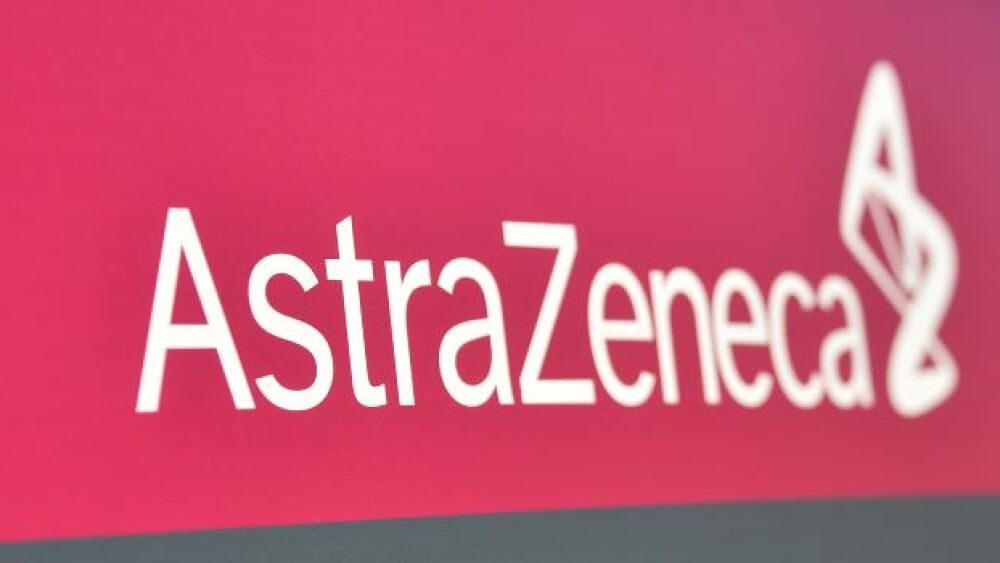The latest EUA adjustment was based on findings that Evusheld might not be as active against certain subvariants of Omicron, but it could be if the dosage is increased.
Nathan Stirk/Getty Images
The U.S. Food and Drug Administration (FDA) has revised its emergency use authorization (EUA) for AstraZeneca’s Evusheld to a higher dose to be effective in the prevention of COVID-19.
Evusheld, formerly called AZD7442, is a combination of tixagevimab and cilgavimab derived from B-cells donated by convalescent patients after the SARS-CoV-2 virus. It works by binding to distinct sites on the virus’ spike protein and can provide up to 12 months of protection using virus-specific antibodies. It is given as two separate and consecutive 150 mg injections.
The latest EUA adjustment was based on findings that Evusheld might not be as active against certain subvariants of Omicron BA.1 and BA.1.1, but it could be if the dosage were to be increased. In response, the FDA boosted the initial dosage to 300 mg of tixagevimab and 300 mg of cilgavimab. Patients who already received the previous dose are encouraged to get another dose as soon as possible to complete the ideal requirement.
Evusheld is approved for use in certain adults and pediatric patients ages 12 years and up who weigh at least 40 kgs. It should not be administered to those who are not infected with SARS-CoV-2 and have not been exposed to somebody infected with the virus. It must only be given to those who have moderate-to-severe immune compromise and those for whom vaccination with other authorized COVID-19 vaccines is not recommended.
Patients who have not received Evusheld are encouraged to speak with their health care providers to find out if they may be eligible to receive it. If allowed, they should acquire the new higher dose.
“Because it is unclear which SARS-CoV-2 variant or Omicron subvariant will become dominant in the United States over the next few months, the recommended timing for repeat dosing cannot be provided at this time. We will continue to monitor the situation closely and provide updates with redosing recommendations in the near future when more data are available to determine the appropriate timing of redosing,” said the FDA in a statement.
Evusheld earned the FDA’s approval in December 2021 following positive results from its PROVENT trial, which hit an 83% efficacy compared to placebo during a six-month study. AstraZeneca also conducted a Phase III TACKLE trial for outpatient participants, which delivered positive high-level results.
“We are proud to play a leading role in fighting the COVID-19 pandemic and, with Evusheld, we now have the first antibody therapy authorized in the US to prevent COVID-19 symptoms before virus exposure, while also providing long-lasting protection with a single dose,” commented Mene Pangalos, the executive vice president for BioPharmaceuticals R&D at AstraZeneca, in an earlier statement.
Vanderbilt University Medical Center discovered Evusheld and then licensed the product to AstraZeneca in June 2020. AstraZeneca is set to supply 100,000 doses of Evusheld to Canada in 2022.





